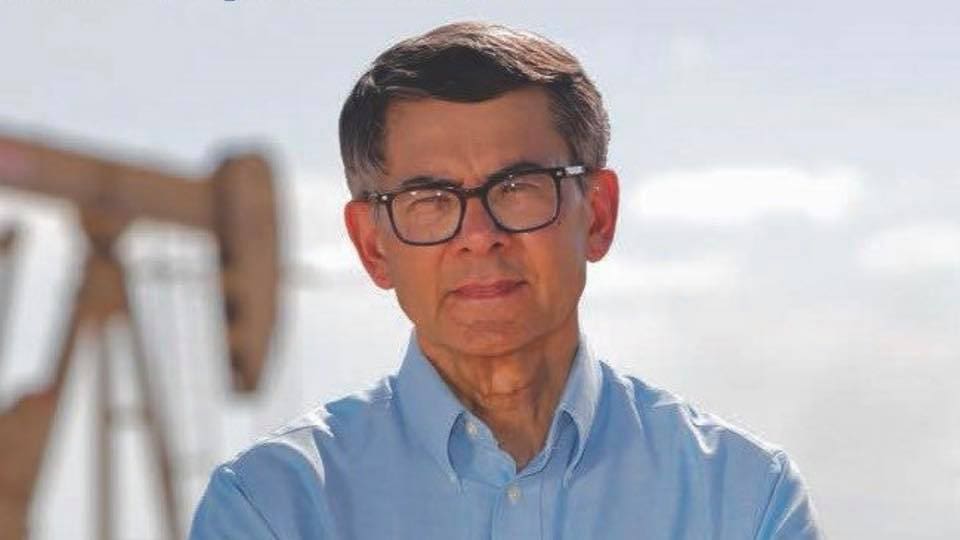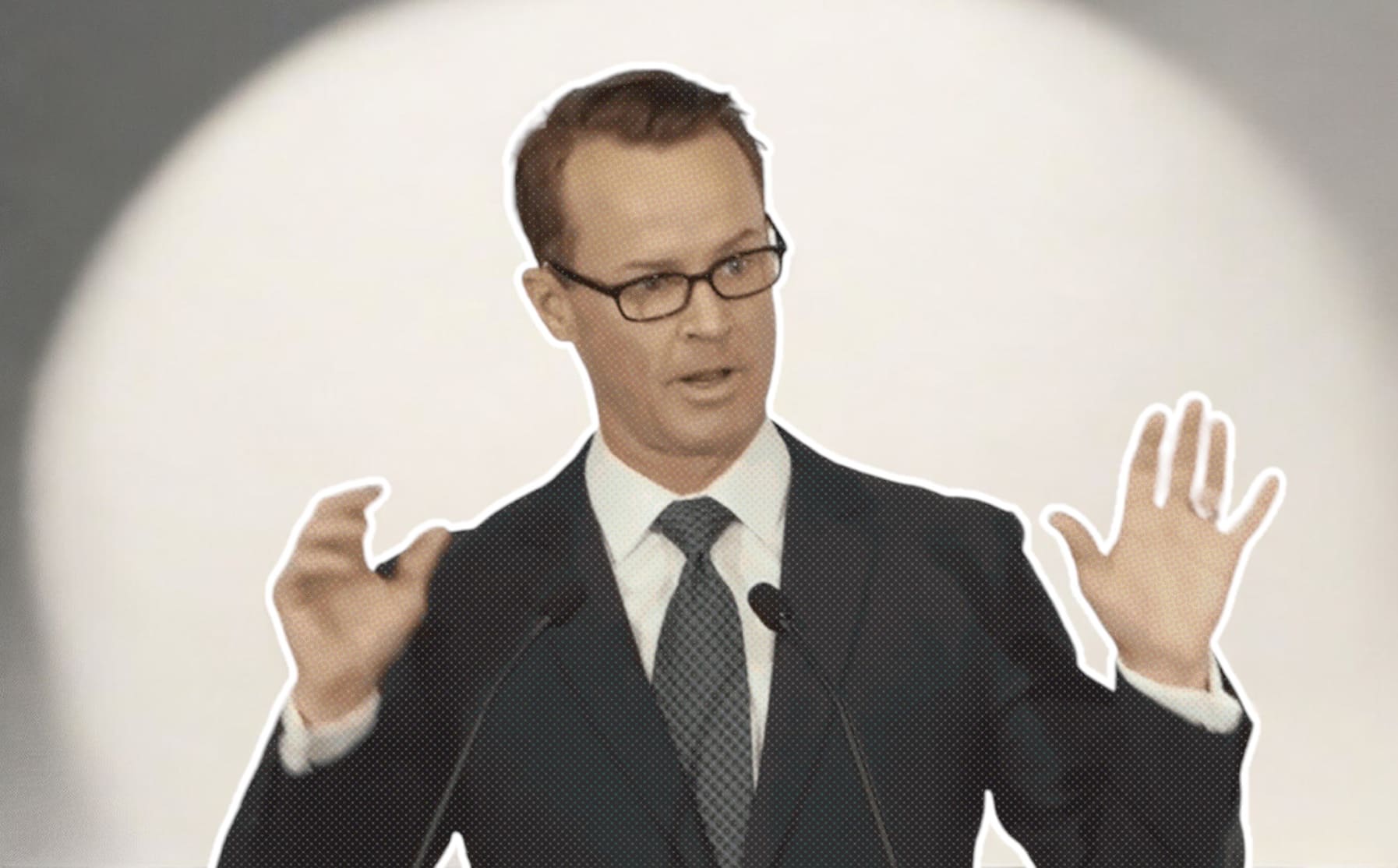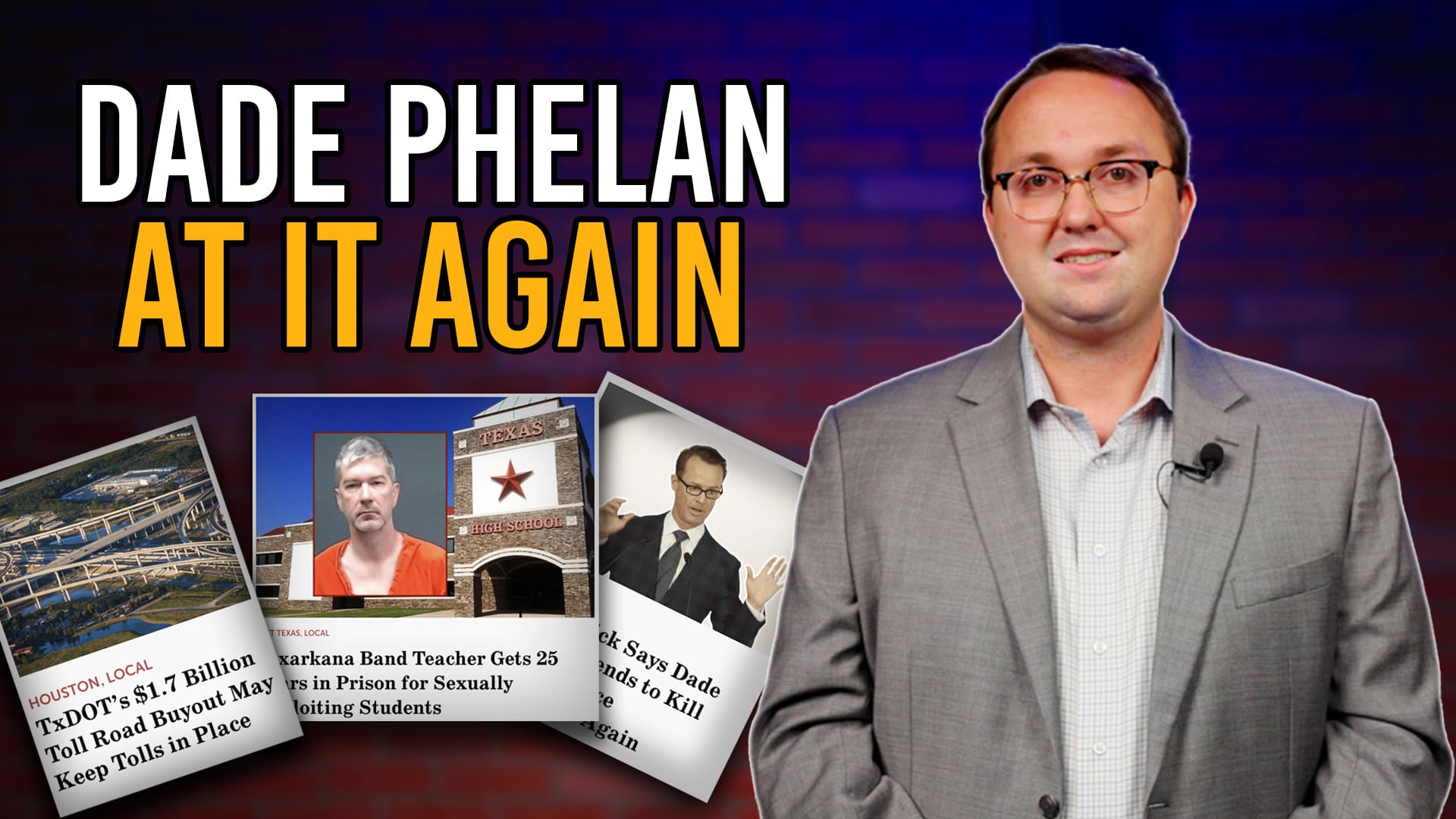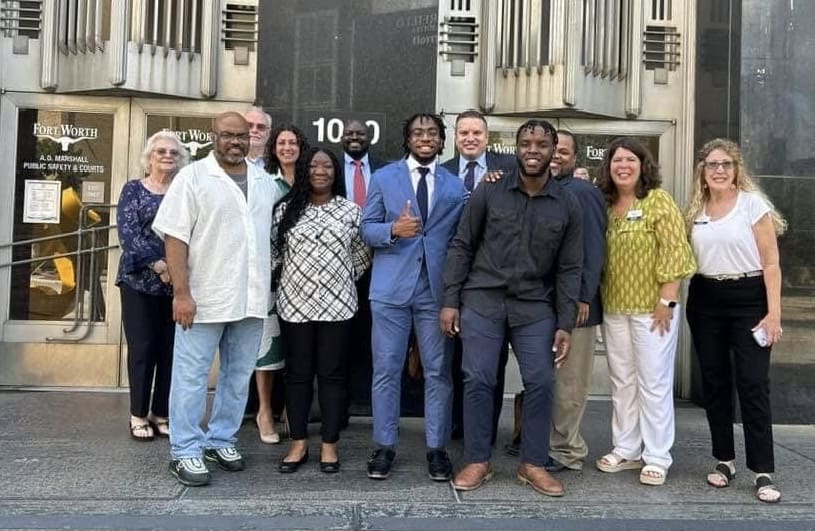Highlighting what is inarguably the most important issue facing our nation, congressional candidate J.D. Faircloth points to the fiscal crisis as the primary reason he is running for office. Faircloth discusses how his keen eye for business sets him apart from the mix of candidates seeking the District 11 seat.
Faircloth, a proud Midlander since 1972, has an extensive professional background that he says has given him experience in a wide range of business environments, particularly the oil and gas industry.
A graduate of Hardin Simmons University, Faircloth—like the incumbent Congressman Mike Conaway—is a longtime certified public accountant with over 20 years’ experience.
He and his wife, Venita, have a daughter in Kansas, a son in Dallas, 6 grandchildren, and 4 great-grandchildren.
With a long history of involvement in the Republican Party, Faircloth has been a delegate to 15 Republican state conventions and served alongside this writer as one of three delegates to the 2012 Republican National Convention in Tampa, Florida, for the congressional district he is seeking to serve again.
Faircloth is also one of the few candidates who have previous experience in elected office. First elected to the Midland City Council in 1989, Faircloth went on to be elected as the city’s mayor in 1992.
“As a CPA and as someone that has more than 20 years of business and CPA experience, and [has served] as mayor of Midland, I have the experience to know how to cut spending, balance budgets, and live within our means,” Faircloth said, jumping right into the issues at the heart of the race.
“I understand budgets and deficits, and I understand what happens when companies have too much debt … like our country.” Faircloth added.
The national debt and unfettered spending in Washington have been Faircloth’s focal issues at all of the candidate forums. He frequently mentions the staggering $23.2 trillion in accumulated national debt, and he tries to put that number into perspective so that people have an understanding of the severity of the situation.
Faircloth pointed to current Congressional Budget Office (CBO) figures showing that the budget is a trillion dollars over revenue, and outlined what it will take just to get a balanced budget.
“To cut a trillion dollars to get a balanced budget—that is cutting a thousand-billions.”
According to the CBO figures cited by Faircloth, the federal government is currently borrowing 22 cents for every dollar spent.
To address the impending financial crisis, Faircloth recommended a balanced budget amendment to the United States Constitution as well as other, more immediate solutions.
“I think we need to implement a federal sunset commission where all 456 agencies have to justify their existence. We have to shrink the size of government by reducing the number of government personnel.”
Faircloth added that most people don’t realize how much of the national debt is owed to the Social Security Trust Fund, and he spoke on the problems facing the program.
“There’s a whole list of things that can be done to keep social security solvent that Congress needs to look at. I am not for cutting retirements; that is a promise that was made to our retired citizens, and a promise is a promise.” Faircloth stated.
“One other possible reform I would like to explore would be allowing younger generations the option to opt out of social security in favor of private retirement funds that are more beneficial to them economically.”
In addition to Faircloth’s position on federal spending, his campaign website outlines some of his other policy priorities, including protecting the Second Amendment, opposing government-sponsored healthcare, strengthening the border, and ensuring strong national security. Faircloth is also pro-life.
“We must avoid default at the federal level or, if nothing else, we are leaving a terrible legacy to our children and grandchildren to solve,” Faircloth said in closing.
“I would ask for your vote to serve you in the United States Congress.”
Voting in the March 3 Republican primary election begins on February 18 and runs through February 28, with Election Day on March 3.





